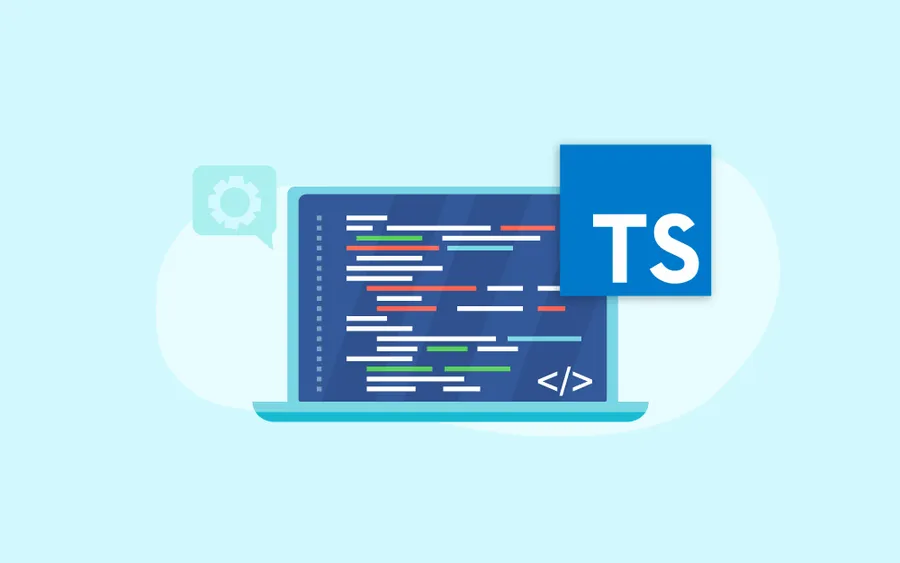Table of Contents
- What is the
objecttype? - Dictionaries
- The Difference Between
{},object, andRecord<PropertyKey, unknown>
What is the object type?
Marius Schulz gives a great explanation of the object type in his article here. Essentially, the object type represents any non-primitive type.
This is less than ideal if you want to avoid extending built-in classes like Date or Blob. It also extends branded primitives such as string & Brand<"brand">, because brand types are objects. The object type is a bit of a catch-all, and it’s not always clear what you’re extending.
In other words, you should only extend the object type if you’re looking to match any non-primitive type.
Dictionaries
A dictionary (or record) is a type of object that is made up of key-value pairs. If your objective is to only extend dictionaries, you can instead extend the Record<PropertyKey, unknown> type.
The Difference Between {}, object, and Record<PropertyKey, unknown>
This table shows the types of values that are assignable to {}, object, and Record<PropertyKey, unknown>.
- You can assign anything to
{}, except for null and undefined. - You can assign anything that’s not a primitive to
object. Primitives are strings, booleans, numbers, big integers, symbols, null and undefined. - You can only assign dictionaries to
Record<PropertyKey, unknown>.
| Value is assignable to | {} | object | Record<PropertyKey, unknown> |
|---|---|---|---|
null | No | No | No |
undefined | No | No | No |
"string" | Yes | No | No |
true | Yes | No | No |
42 | Yes | No | No |
42n | Yes | No | No |
Symbol() | Yes | No | No |
Date | Yes | Yes | No |
() => {} | Yes | Yes | No |
[1, 2] | Yes | Yes | No |
[] | Yes | Yes | No |
{foo: "bar"} | Yes | Yes | Yes |
{} | Yes | Yes | Yes |
